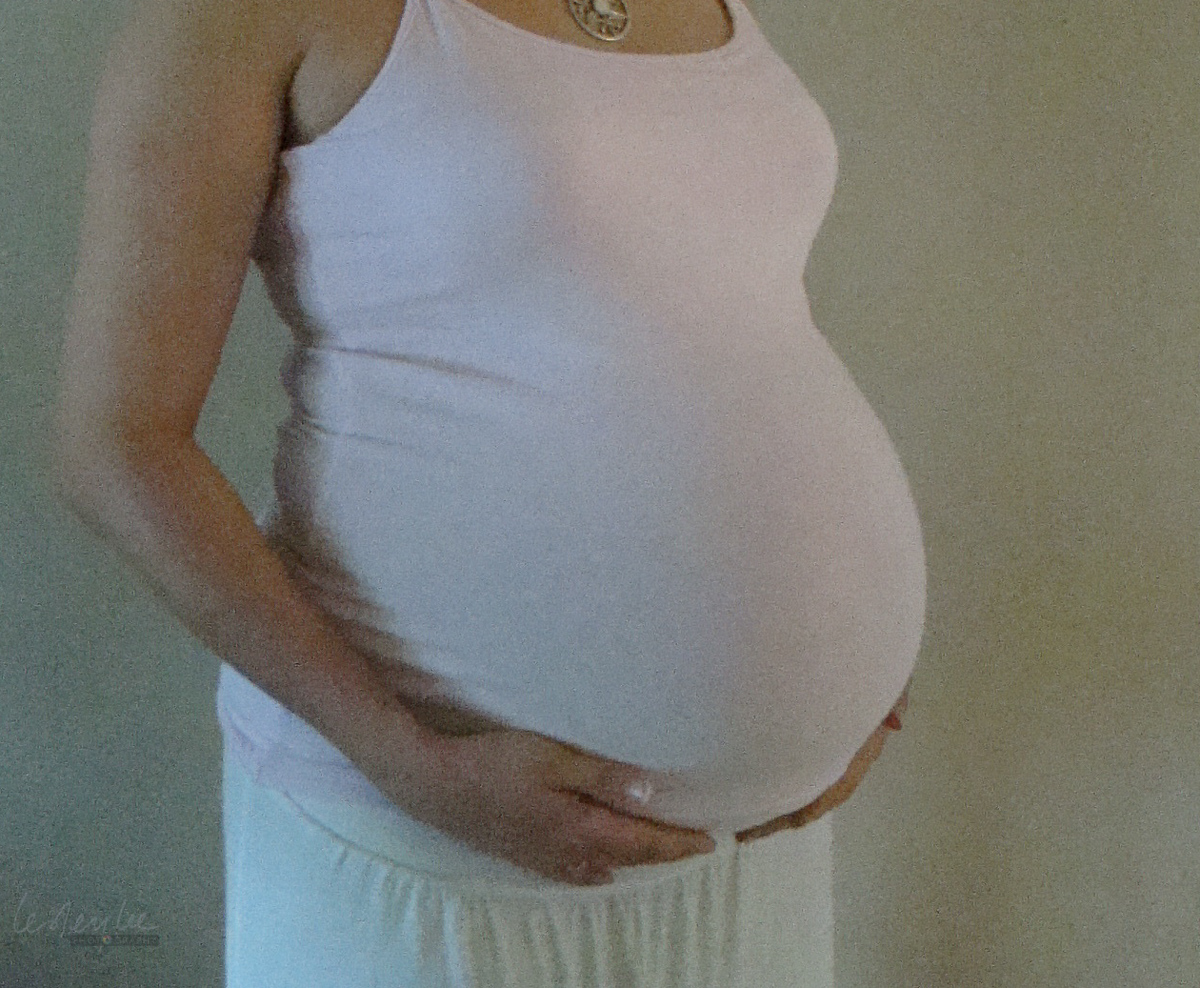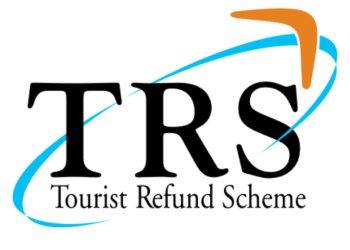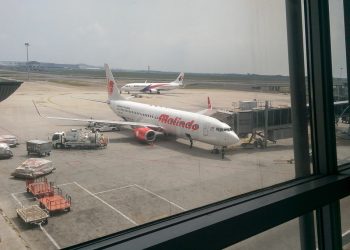Precautions
First – a definition of what it is not – Pregnancy is not a disease. It is a time limited condition – one which affects people in different ways while it lasts. In itself pregnancy doesn’t stop you from travelling, but it may affect the way you go about doing so. While some women sail through without a hint of ‘morning’ sickness or other issues, it is important to note that most women will tend to be more careful during this time. To this end, we will endeavour to identify some of the medical facts and may impact on travel comfort, some tips to help when travelling during pregnancy and how to get information form providers transport, insurers etc.
Some practical suggestions:
- Ask your doctor for a referral, just in case you need any type of medical assistance on your trip.
- Carry some appropriate ‘comfort food’ with you especially if you are in the first trimester. A small bag of dry biscuits is very handy and unless you are travelling somewhere with very strict quarantine regulations, it’s convenient when needed.
- Wear comfortable shoes, especially if you will be walking a lot, in unfamiliar terrain.
Land transport (trains, buses, cars)
Generally when you’re travelling on land, you’re using the same type of transport (public or private) as you would when you’re at home, so the same considerations would apply.
- Try not to travel during peak hours when you are at the mercy of crowds.
- If you are travelling some distance, look for a bus or train with toilet facilities.
- A train gives you more opportunity to move about, and if it’s overnight, it may be worth investing in a sleeper berth.
- Always wear a seat belt. Even in advanced pregnancy, you are safer wearing a belt which is correctly placed, that you are without one.
Flying (International, Domestic, different countries & airlines)
Australia and South Pacific Airlines
We survey a number of different airlines. For clarity and easy of checking, we will use Qantas conditions as the ‘base point’ and note differences where they exist for the other airlines mentioned. You may also download a medical clearance form to take you your doctor from the respective airline links. These forms are fairly general and may be used for different conditions, diseases and disabilities.
Qantas
Qantas requires a medical certificate confirming that the patient is fit to fly.
The patient is considered not fit for travel
- On a flight more than 4 hours after 36 weeks for a single, or 32 weeks for a multiple pregnancy.
- On flights less than 4 hours, the cut-off is after 40 weeks for a single, or 36 weeks for a multiple pregnancy.
- Miscarriages with active bleeding or babies less than 48 hours old are also deemed unfit to fly.
A clearance form is required for:
- Any pregnancy with complications
- Miscarriage within 7 days of bleeding and babies within 3-7 days old, premature or with birth complications will require medical clearance
You can download a Qantas Travel Clearance Form at page 7 of the link. It is quite general and can also be used for other medical conditions. Pregnancy is covered on page 5.
Virgin Australia
Virgin has a similar list to Qantas of situations requiring a medical clearance form with the addition of a number of extra conditions deeming the passenger not fit to fly:
- within 48 hrs of normal delivery
- infants requiring an incubator or ventilator
Additional requirements for a travel clearance form:
- Within 5 days of a normal delivery
- Risk of labour must be minimal.
Note: After 28th week of pregnancy every passenger must carry at all times, a letter dated no more than 10 days prior to travel from a doctor, or midwife outlining the following: • Estimated date of confinement • Single or multiple pregnancy • Absence of complications • Fitness to fly for duration of flight booked
Jetstar
For a pregnancy with no complications, medical clearance is not required until 28 weeks, however a doctor’s letter is required after this point and the passenger is not allowed to be seated in any of the Exit Rows. Other conditions of carriage are similar to those of Qantas, with details here. There are separate Medical Clearance forms which may be downloaded for passengers on Jetstar, Jetstar Asia and Jetstar Japan flights.
Air New Zealand
Air New Zealand is one of the most relaxed about guidelines, although they do ask you to let them know your situation. If you are in the late stages of pregnancy, you will need a medical form, which can be downloaded from the information page.
Asian Airlines
AirAsia
AirAsia has a list of conditions which do not require a medical certificate and ones that do, including contagious diseases and surgical conditions. Pregnancy is covered under the Special Guests information helpful and all passengers are advised to read the Terms & Conditions of Carriage. You may not travel with AirAsia after 35 weeks and a letter from your doctor is required between 28 and 34 weeks as confirmation.
Singapore Airlines
Pregnant travellers on Singapore Airlines have similar guidelines to follow from those from Qantas. A medical certificate is required if you are travelling past the 28th week of your pregnancy and travel is not allowed in the last few weeks according to the guidelines given.
Malaysia Airlines
Pregnant passengers on Malaysian Airlines only have two Special Requirements to observe:
- Expectant mothers beyond 35 weeks (international travel) or 36 weeks (domestic travel) of pregnancy are not allowed to travel.
- Non-Malaysian women who are beyond 6 months pregnant are not allowed to fly into the country.
Middle Eastern Airlines
Emirates
Emirates have a list of things to note for travellers who are pregnant as well as the restrictions based on the number of weeks. This is similar to the Qantas guidelines. From this page you can also download a standard medical certificate for pregnant passengers.
Qatar Airways
Qatar Airways will not accept expectant mothers who are pregnant from their 36th week or beyond. Until this point you will need to seek the advice of your doctor. See this page for more detailed information and some tips on comfort during your flight.
Etihad
Etihad lists the guidelines for pregnant passengers on page 6 of their Fitness to Fly Guidelines. If you need a Medical Certificate & MEDIF Form, you can download it from this page, which also gives some information on the completion of the form.
European Airlines
British Airways
If you are flying with British Airways after 28 weeks you must carry confirmation from your doctor or midwife (such as a letter or certificate, in addition to your pregnancy record) confirming your approximate due date and that there are no complications with your pregnancy. Cut-off dates for carriage are the same as for a journey over 4 hours in the Qantas guidelines.
In addition, passengers are advised to check the link to the World Health Organisation Fitness to Fly information which does make mention of stress associated with air travel. Should you require medical clearance, download the form on the page and upon completion, submit it to the Passenger Medical Clearance Unit for assessment.
Lufthansa
Lufthansa generally follows the same guidelines as Qantas and you can access specific guidelines from their website as well as a Lufthansa Certificate for expectant mothers.
KLM
KLM have a dedicated area for Special Assistance called KLM CARES. A downloadable booklet is available on the page, with full information and the page gives some practical guidelines about booking and contacting the airline to request this service. Medical information forms are also downloadable for passengers who need these. However pregnancy is not specifically mentioned.
US Airlines
American Airlines
If you are travelling on US Airways, the guidelines state that “If your due date is within 7 days of your flight, you must provide a doctor’s certificate, dated within 72 hours of departure, stating that he or she has examined you and determined that you are fit to fly.”
There is also a link on the page to American Airlines, you can find pregnancy guidelines towards the bottom of the page indicating that you need a doctors letter for the last four weeks of your pregnancy and other guidelines.
Delta
Delta says only that “Delta does not impose restrictions on flying for pregnant women, so a medical certificate is not required to travel. Keep in mind, however, that ticket change fees and penalties cannot be waived for pregnancy. If you’re traveling after your eight month, it’s a good idea to check with your doctor to be sure travel is not restricted.” Therefore the onus would be on you to discuss this with your doctor before you travel. The link is under ‘Special Concerns’ in the lower part of the page.
Restrictions on entry of pregnant foreign nationals
If you are in a foreign country, do not assume your child will be entitled to citizenship of that country (jus soli). Less than 15% of countries grant citizenship to babies born on their territory if neither of the parents is a citizen or at least a permanent resident.
You may need to apply for a visa beforehand and you should state that you are pregnant if this information is required. Ultimately, the decision to grant the entry visa is up to the person sitting at the Immigration counter when you arrive at your destination. It would be wise to check with the country’s border control authorities before you travel.
What if something happens?
- Make sure you have that doctor’s letter and a referral, just in case, especially if you are within the last trimester.
- Have the funds and /or insurance that will cover any eventuality, both medical as well as supplies for the new arrival.
- If the baby is born overseas, you will need to contact your embassy to obtain the proper documents (birth certificate / passport), to get the new baby home.
- Most airlines have some restrictions on the age of the baby before you can travel, so extra accommodation may also be a problem.
- Travel Insurance generally excludes treatment of pregnancy related emergencies and visits to doctors or hospitals.







This Post Has One Comment
[…] https://economytraveller.com/travelling-during-pregnancy/ […]